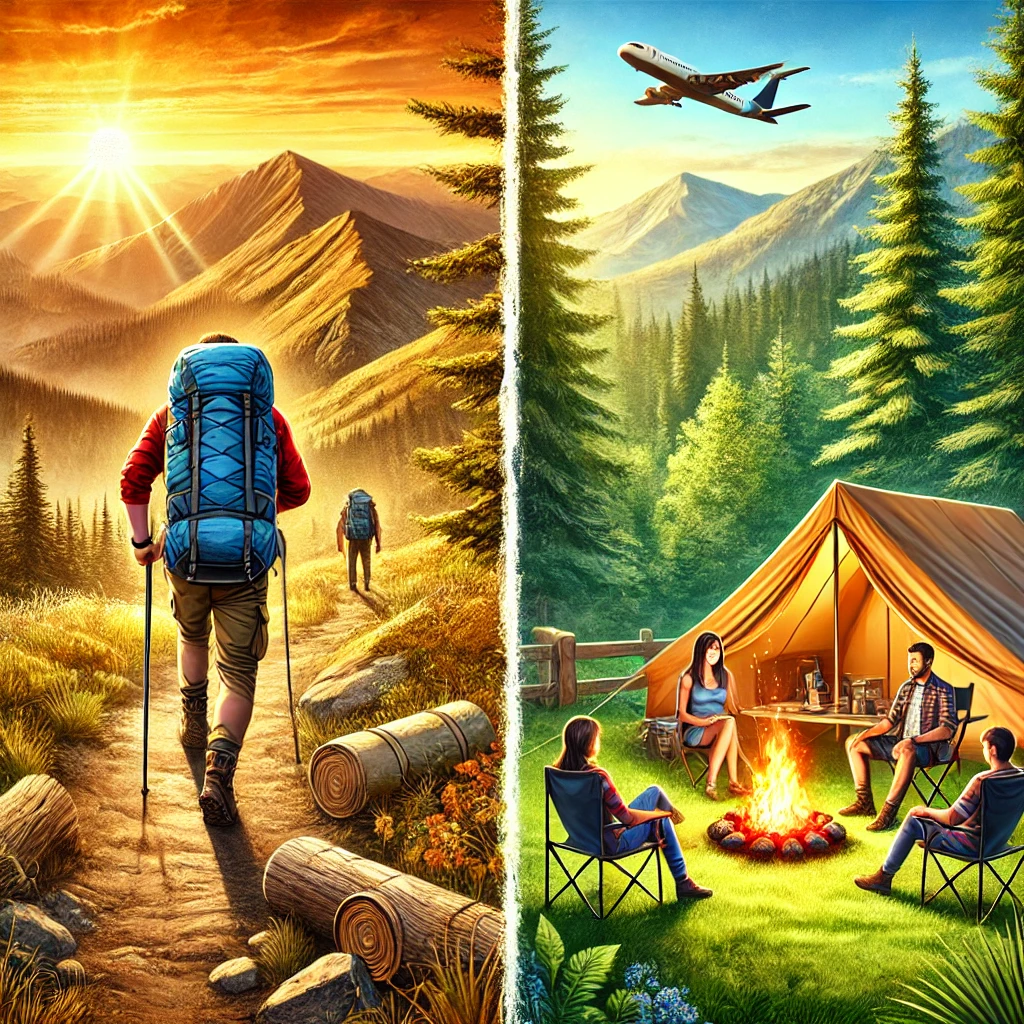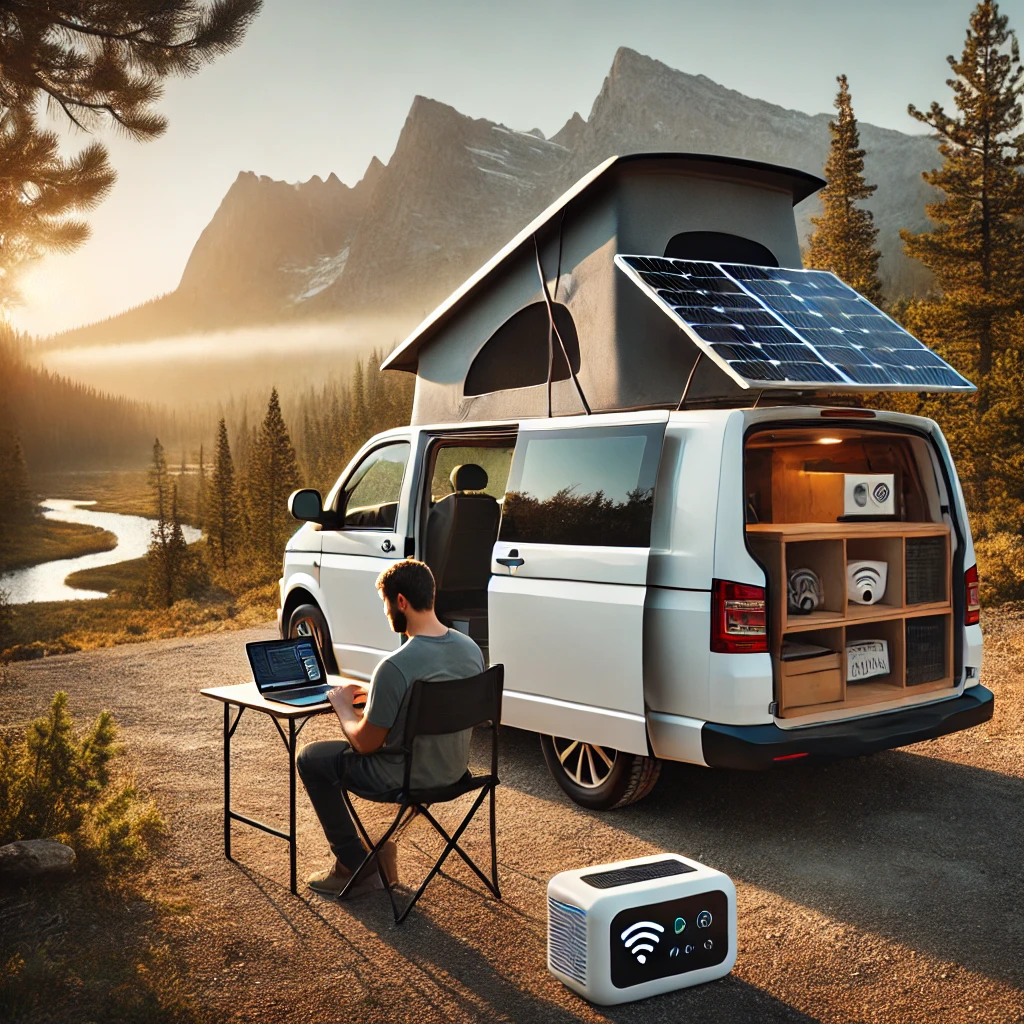
When it comes to outdoor adventures, both backpacking and camping offer unique experiences, each with its own set of challenges and rewards. Whether you’re drawn to the thrill of carrying all your essentials on your back or the comfort of setting up a home away from home in the great outdoors, there’s something for everyone. In this post, we’ll explore the key differences between backpacking and camping, help you determine which might be a better fit for your outdoor style, and highlight some Amazon products that can enhance both experiences.
The Differences: Backpacking vs. Camping
1. Mobility vs. Stability
- Backpacking: The essence of backpacking is mobility. You’ll be on the move, often covering miles each day, with all your gear packed into a single backpack. This makes backpacking ideal for those who love to explore remote areas, away from the beaten path.
- Camping: Camping typically involves setting up a base camp, where you stay in one place for a longer period. This could be at a designated campsite or a remote location of your choice. Camping is perfect for those who enjoy the stability of a home base where they can relax, cook, and enjoy the surroundings.
2. Gear and Weight Considerations
- Backpacking: Since you’re carrying everything on your back, lightweight and multi-functional gear is crucial. Every ounce counts, so backpackers often prioritize essentials and seek out compact, ultralight equipment.
- Camping: With the ability to transport gear by car or even RV, campers can afford to bring bulkier items that offer more comfort. This might include larger tents, full-sized cooking equipment, and additional creature comforts like chairs and coolers.
3. Accessibility and Terrain
- Backpacking: Backpacking takes you deep into nature, often to places that are inaccessible by vehicle. This means you’ll be traversing rougher terrain, navigating trails, and possibly even off-trail routes.
- Camping: Camping spots are usually more accessible, with many located near roads or within designated campgrounds. This makes it easier for families, groups, or those who prefer not to venture too far into the wilderness.
4. Experience and Skill Level
- Backpacking: Backpacking requires a higher level of skill and preparation. You’ll need to be proficient in navigation, have a solid understanding of survival techniques, and be prepared for unpredictable weather conditions.
- Camping: Camping is generally more beginner-friendly, especially if you’re staying in established campgrounds with amenities like running water, bathrooms, and fire pits.
Which One is Right for You?
- Choose Backpacking if: You crave adventure, love exploring remote areas, and don’t mind roughing it. Backpacking is for those who enjoy physical challenges and the simplicity of carrying their world on their back.
- Choose Camping if: You prefer comfort, want to spend quality time with family or friends, and enjoy the idea of a home base in nature. Camping allows you to bring more gear, making it ideal for longer stays and more leisurely activities.
Amazon Products to Enhance Your Experience
Whether you’re gearing up for a backpacking trek or a camping getaway, having the right equipment can make all the difference. Here are some products I’ve personally found helpful:
- Osprey Atmos AG 65 Backpack
- MSR PocketRocket 2 Ultralight Stove
- Therm-a-Rest NeoAir Xlite Sleeping Pad
Ready to gear up? Check out my favorite products for both backpacking and camping at chillaxoutdoors.com
Conclusion
Both backpacking and camping offer incredible opportunities to connect with nature, each in its own unique way. Whether you’re seeking the thrill of the trail or the comfort of a cozy campsite, there’s no wrong choice—just different adventures waiting to be had. By choosing the right gear for your journey, you can ensure that your outdoor experience is both enjoyable and memorable.


